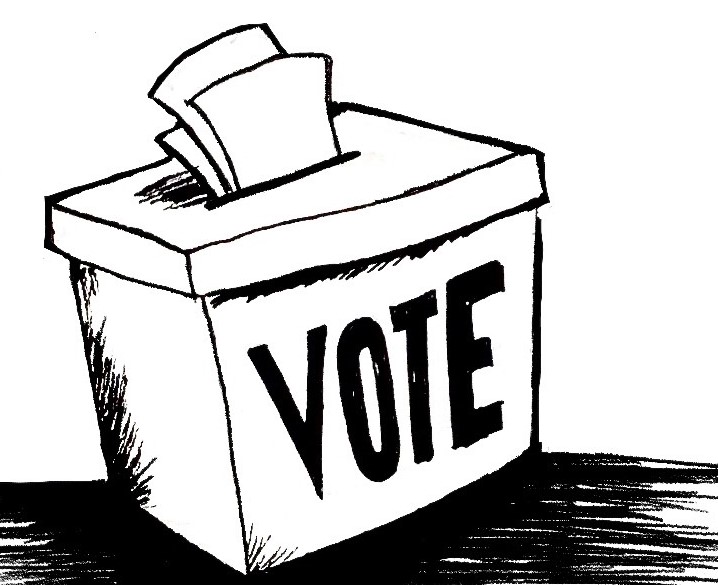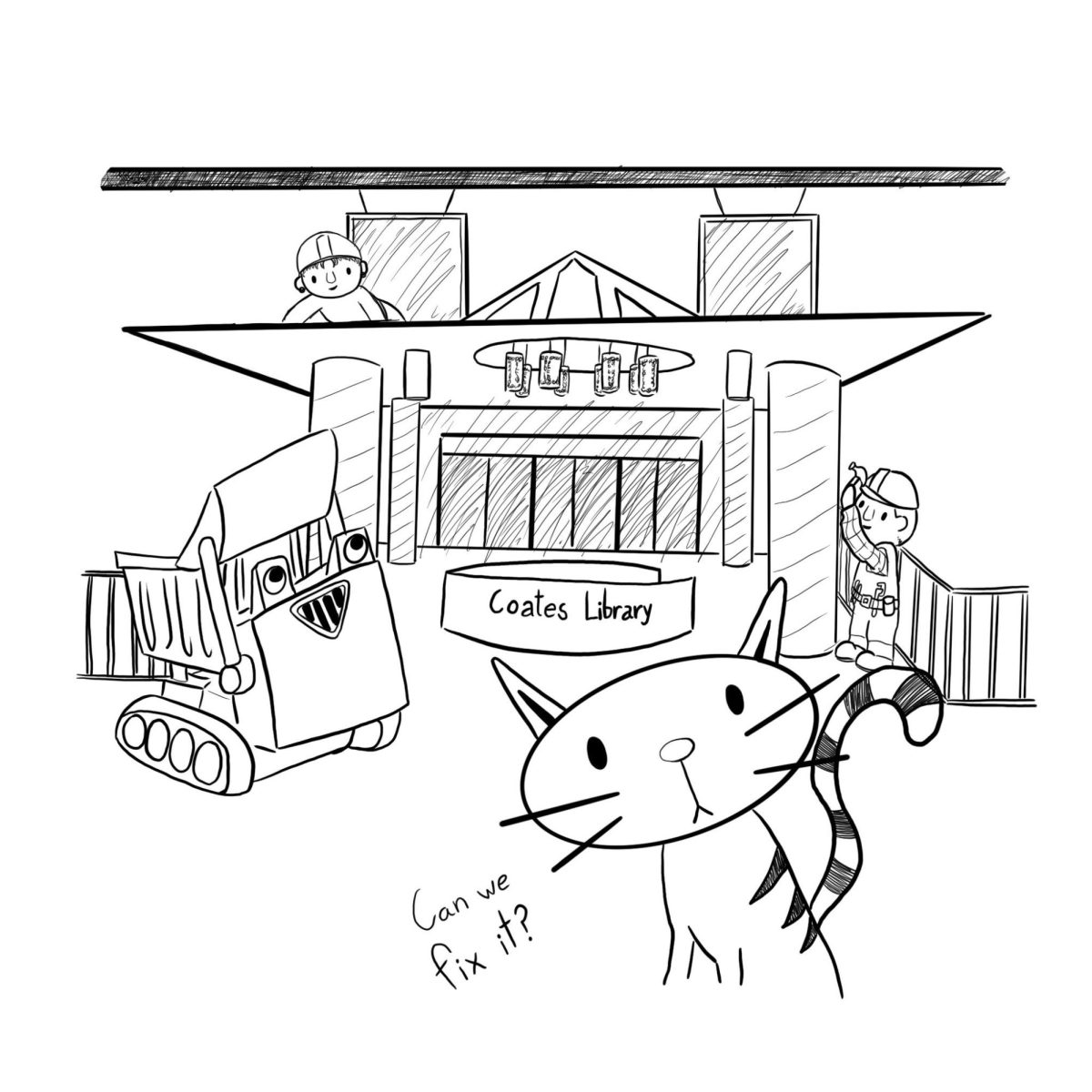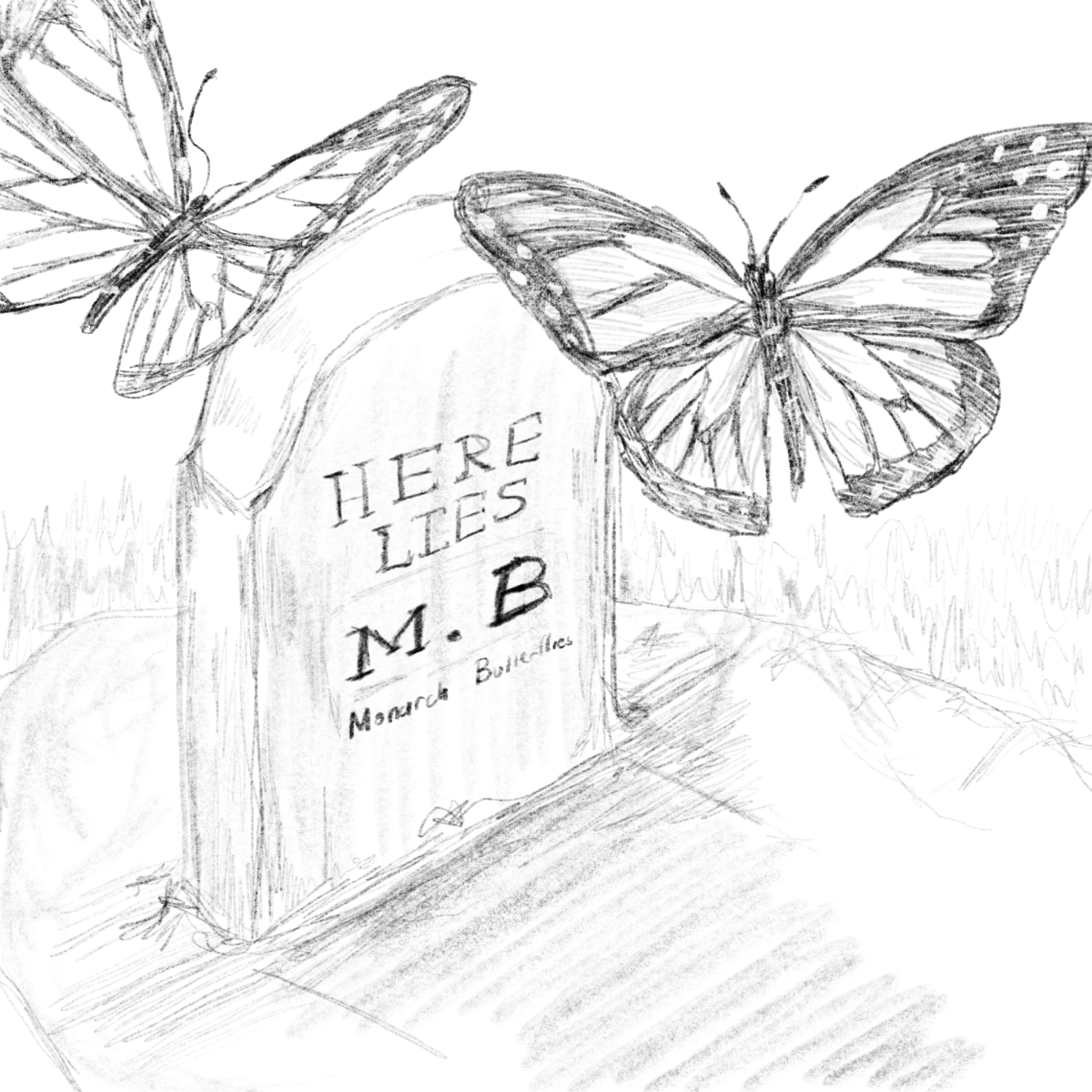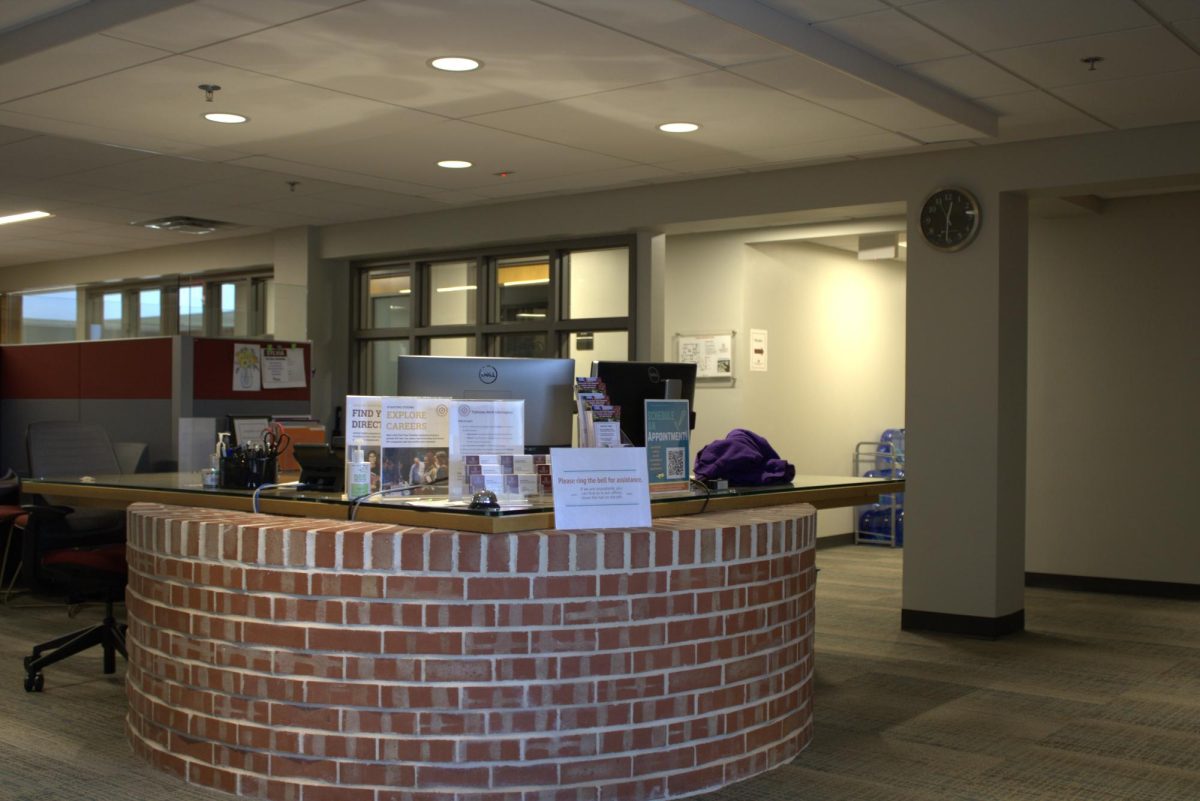I’ve never cared about politics. As terrible as it sounds, keeping up with current events is not a priority for me, and I seldom have knowledge about what’s going on in the world until I overhear some friends talking about it. Still, I make sure to dedicate a few minutes when elections are near to educate myself on candidates and policies so that I can go out and make an informed vote, and I suggest you do the same.
When I say vote, I don’t mean just in presidential elections, but for mayor, city council members, Congress and local propositions as well. These elections directly affect my access to health care, education, jobs and environmental protection, to name a few. Additionally, I would like a say in where my tax money is going every year. Not voting on decisions that directly affect me is as good as throwing my money out the window for a politician to use however they see fit, even if they want to use it to make my life harder.
One reason I’m not politically active is because of how nuanced certain political issues are and how time-consuming it is to gain the knowledge necessary to take an educated stance. While this is certainly true for major world issues with hundreds of years of history, it is not the case for small local elections. For example, the 2023 Voters Guide from the League of Women Voters of the San Antonio Area is only 16 pages long and summarizes the main arguments for and against 14 different propositions. That’s shorter and more concise than the assigned readings for any of my classes. It only took me about 20 minutes to read up on everything I need to know about the constitutional amendments that will be voted on in the Nov. 7 election.
I used to think that my vote wouldn’t matter in a sea of thousands of others, but I realized that mentality was equivalent to giving up before even trying. If you do not vote, someone else will. You have no right to complain about policy changes that you disagree with when you didn’t bother to vote. All it takes is clicking a few buttons at a polling center to make your opinions known and neglecting to do so means someone else will make important decisions for you. Even if one single vote isn’t enough to enact big change, it has more of a chance of being heard than no vote and adds to the voting pool of like-minded voters.
I go out and vote to shape the future that I want to see. Only 49.1% of college students are registered to vote, while an average of 76.3% of individuals over the age of 55 are registered voters. This means that if I don’t vote, some random old people with ideals rooted in the past are calling the shots. I personally would much rather change policies to fit the future I’m growing up in rather than the past I never lived through.
Some resources to educate yourself on upcoming elections can be found on the VOTE411 website, and if you want to get more involved through volunteering or participating in scholarship opportunities, visit the League of Women Voters of the San Antonio Area website’s Youth Initiative. Remember, it doesn’t take an interest in politics or an exorbitant amount of time to go out and make an educated vote.






